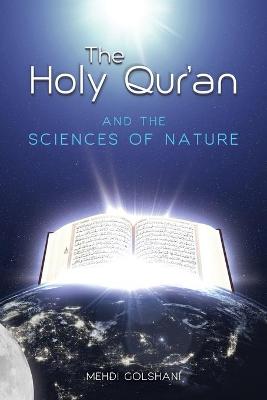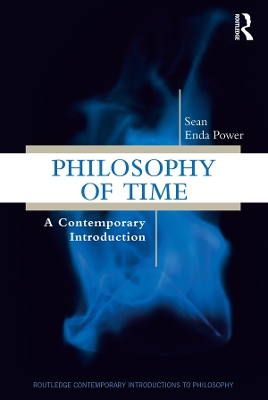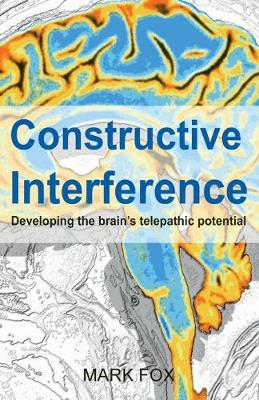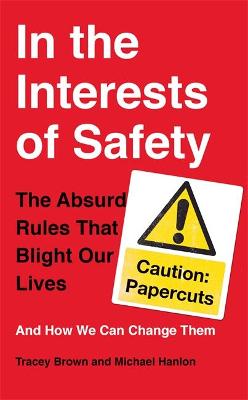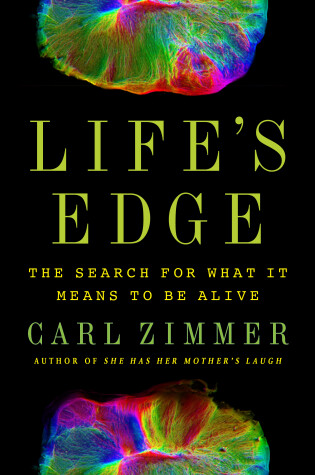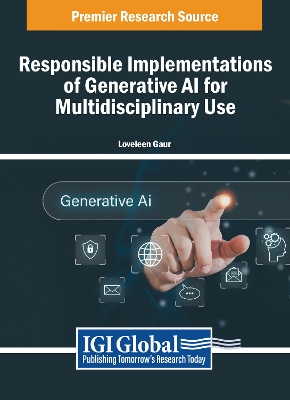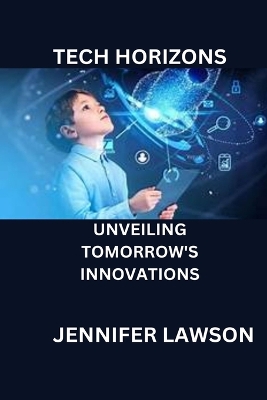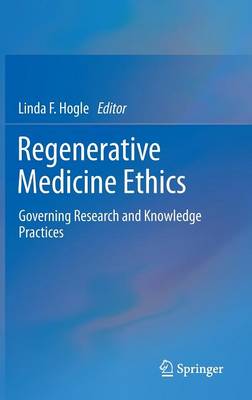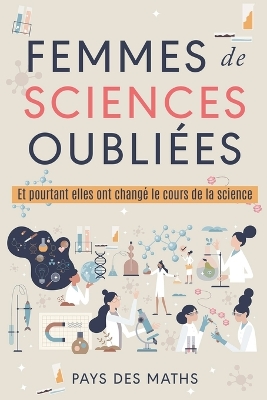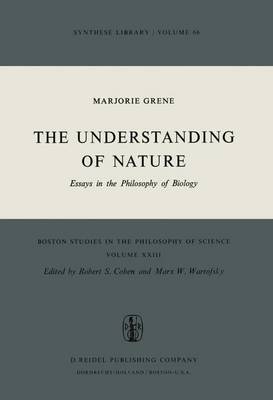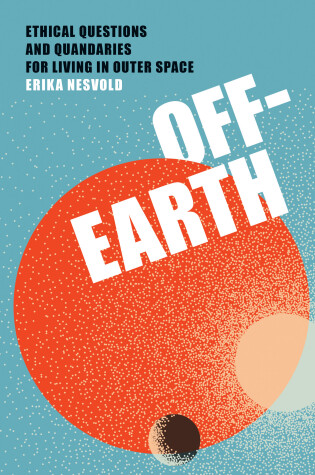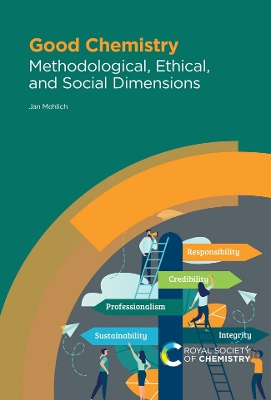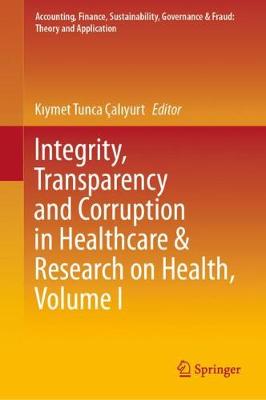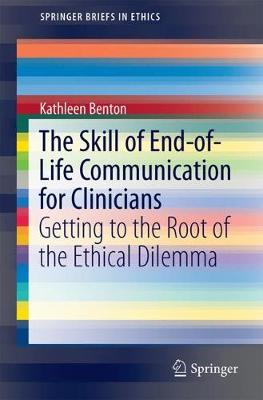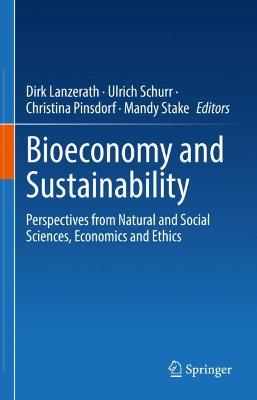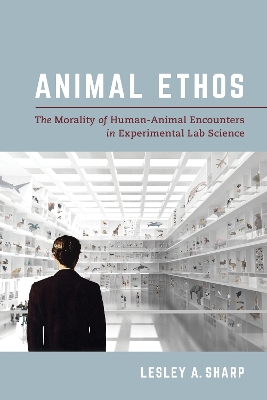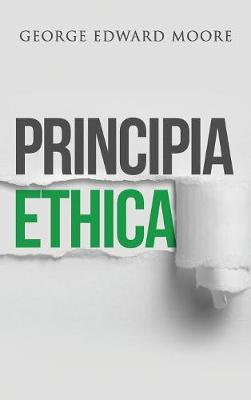Rights to Health Care (Philosophy and Medicine, #38)
by Thomas J. Bole and W. B. Bondeson
Human existence is marked by pain, limitation, disability, disease, suffering, and death. These facts of life and of death give ample grounds for characterizing much of the human condition as unfortunate. A core philosophical question is whether the circumstances are in addition unfair or unjust in the sense of justifying claims on the resources, time, and abilities of others. The temptation to use the languages of rights and of justice is und- standable. Faced with pain, disability, and death,...
Philosophy of Time (Routledge Contemporary Introductions to Philosophy)
by Sean Enda Power
As a growing area of research, the philosophy of time is increasingly relevant to different areas of philosophy and even other disciplines. This book describes and evaluates the most important debates in philosophy of time, under several subject areas: metaphysics, epistemology, physics, philosophy of language, philosophy of mind, cognitive science, rationality, and art. Questions this book investigates include the following. Can we know what time really is? Is time possible, especially given m...
Does an airline pilot really need to surrender his tweezers at airport security when he's about to board an aircraft equipped with an axe on the back of the cockpit door?Can a mobile phone really cause a major explosion at a petrol station?And is there really a good reason why you should be prevented from swimming in a lake more than a foot deep? These rules exist, and they exist in the name of our own protection. But in this engrossing dissection of global safety rules and security regulations...
FINALIST FOR THE PEN/E.O. WILSON LITERARY SCIENCE WRITING AWARD***A NEW YORK TIMES NOTABLE BOOK OF 2021***A SCIENCE NEWS FAVORITE BOOK OF 2021***A SMITHSONIAN TOP TEN SCIENCE BOOK OF 2021 “Stories that both dazzle and edify… This book is not just about life, but about discovery itself.” —Siddhartha Mukherjee, New York Times Book Review We all assume we know what life is, but the more scientists learn about the living world—from protocells to brains, from zygotes to pandemic viruses—the harder...
Technology that marks children as future criminals. An app bringing medical diagnoses to a remote tribal community. A British poet, an Indian doctor and a Chinese activist in exile. In this propulsive, illuminating work, Madhumita Murgia, AI editor for the Financial Times, shows how automated systems are reshaping lives all over the world.'Code Dependent is the intimate investigation of AI that we’ve been waiting for, and it arrives not a moment too soon. Murgia travels the world to bring us int...
Regenerative Medicine Ethics
This book puts the ethics, policy and politics of stem cells into context in a way that helps readers understand why past and current issues have developed the way they have and what the implications are for their work going forward. It also addresses emerging issues as the field progresses towards clinical and industrial uses.While there is a superabundance of material on the ethics of embryo use and questions of embryonic "personhood," there is little that covers what practicing scientists a...
One of the most renowned evolutionary biologists at work today, Richard Dawkins has written passionately for years on subjects that matter deeply to him - and matter urgently to all of us. A Devil's Chaplain brings together the best and most provocative of his essays, on subjects ranging from evolution to ethics, from travel to literature, from education to religion. The result is an intriguing portrait of one of the finest minds in science. With eloquence and vigor, these essays put forward Da...
Cats and Conservationists (New Directions in the Human-Animal Bond)
by Dara M. Wald and Anna L. Peterson
Cats and Conservationists is the first multidisciplinary analysis of the heated debate about free-roaming cats. The debate pits conservationists against cat lovers, who disagree both on the ecological damage caused by the cats and the best way to manage them. An impassioned and spirited conflict, it also sheds light on larger questions about how we interpret science, incorporate diverse perspectives, and balance competing values in order to encourage constructive dialogue on contentious social a...
From the petri dish to the pet shop, meet the high-tech menagerie of the near future, as humans reinvent the animal kingdom Fluorescent fish that glow near pollution. Dolphins with prosthetic fins. Robot-armoured beetles that military handlers can send on spy missions. Beloved pet pigs resurrected from DNA. Scientists have already begun to create these high-tech hybrids to serve human whims and needs. What if a cow could be engineered to no longer feel pain – should we design a herd that wou...
The Understanding of Nature (Boston Studies in the Philosophy and History of Science, #23)
by Marjorie Grene
No student or colleague of Marjorie Grene will miss her incisive presence in these papers on the study and nature of living nature, and we believe the new reader will quickly join the stimulating discussion and critique which Professor Grene steadily provokes. For years she has worked with equally sure knowledge in the classical domain of philosophy and in modern epistemological inquiry, equally philosopher of science and metaphysician. Moreover, she has the deeply sensible notion that she shoul...
Can we do better in space than we’ve done here on Earth? We’ve pinpointed the destination, refined the technology, designed the habitat, outfitted our space residents. Are we forgetting something? A timely reminder that it’s not just rocket science, this thought-provoking book explores the all-too-human issues raised by the prospect of settling in outer space. It’s worth remembering, Erika Nesvold suggests, that in making new worlds, we don’t necessarily leave our earthly problems behind. Acco...
Practicing chemists face a number of ethical considerations, from issues of attribution of authorship through the potential environmental impact of a new process to the decision to work on chemicals that could be weaponised. By keeping ethical considerations in mind when working, chemists can build their own credibility, contribute to public trust in the chemical sciences and do science that benefits the world. Divided into three parts, methodological aspects, research ethics, and social and e...
This book grapples with the numerous risks organizations face in order to succeed. These include economic risks, disaster risks, supply-chain risks, regulatory risks, and technology risks, all of which affect organizations in different ways and in varying degrees. Referencing Mahatma Gandhi’s seven unethical behaviors in the business world—wealth without work, pleasure without conscience, knowledge without character, commerce without morality, science without humanity, religion without sacrific...
The Skill of End-of-Life Communication for Clinicians (SpringerBriefs in Ethics)
by Kathleen Benton
With a focus on end-of-life discussion in aging and chronically ill populations, this book offers insight into the skill of communicating in complex and emotionally charged discussions. This text is written for all clinicians and professionals in the fields of healthcare and public health who are faced with questions of ethical deliberation when a patient’s illness turns from chronic to terminal. This skill is required to manage care well in an age of advanced technology, and numerous autonomous...
Bioeconomy and Sustainability
In this edited volume, scientists from different disciplines discuss modern biotechnological processes and a knowledge-based bioeconomy. The authors base their arguments on ecological, economic, legal, social and ethical aspects. Moreover, they explore the opportunities, risks, and challenges of bioeconomic concepts and biotechnologies in many subject areas. The chapters consider land use, nature and environment, nutrition, technology and governance, energy, economy, law and regulation, as well...
What kinds of moral challenges arise from encounters between species in laboratory science? Animal Ethos draws on ethnographic engagement with academic labs in which experimental research involving nonhuman species provokes difficult questions involving life and death, scientific progress, and other competing quandaries. Whereas much has been written on core bioethical values that inform regulated behavior in labs, Lesley A. Sharp reveals the importance of attending to lab personnel’s quotidian...
Principia Ethica is recognised as the definitive starting point for twentieth-century ethical theory. Its influence was first largely confined to the Bloomsbury Group - Maynard Keynes wrote that it was 'better than Plato' - who took it up for its celebration of the values of art and love; but later it achieved the widespread recognition it still retains as a classic text of analytic ethical theory. It is particularly renowned for Moore's argument that previous ethical theories have been guilty o...

